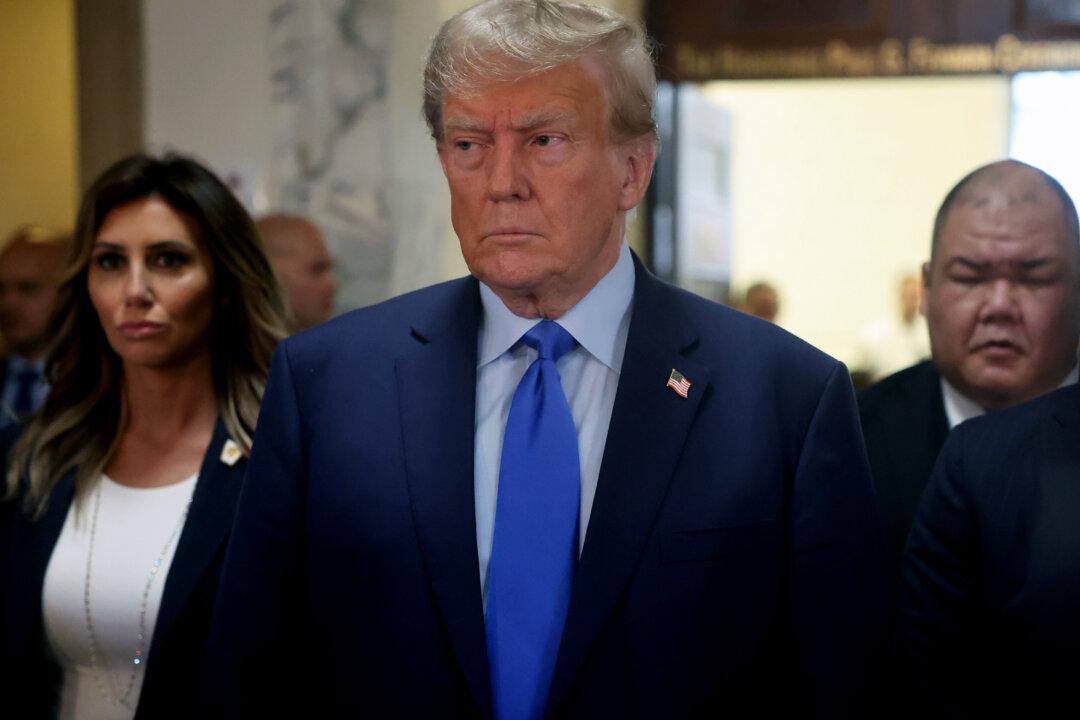The judge overseeing Donald Trump’s civil fraud trial in New York ordered a limited gag order on Oct. 3 after the former president made a disparaging social media post about a court staffer.
After flip-flopping several times on his opinion of the presiding judge, New York Supreme Court Justice Arthur Engoron, President Trump maligned Justice Engoron’s principal law clerk, Allison Greenfield, in a social media post. Justice Engoron is known to regularly confer with Ms. Greenfield on cases.





